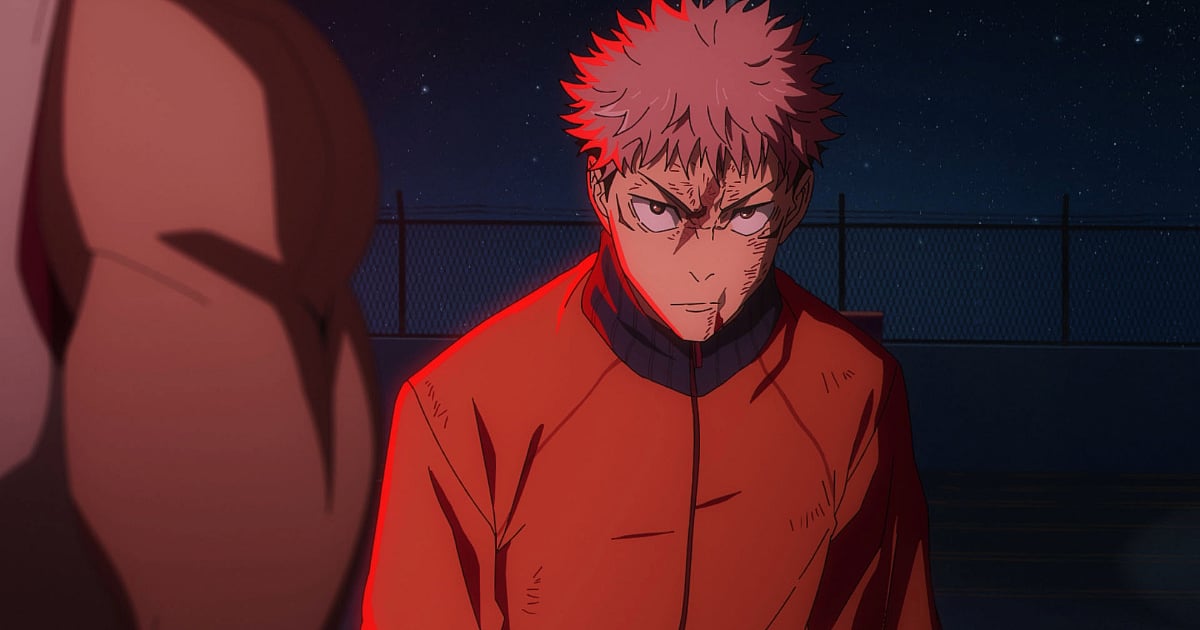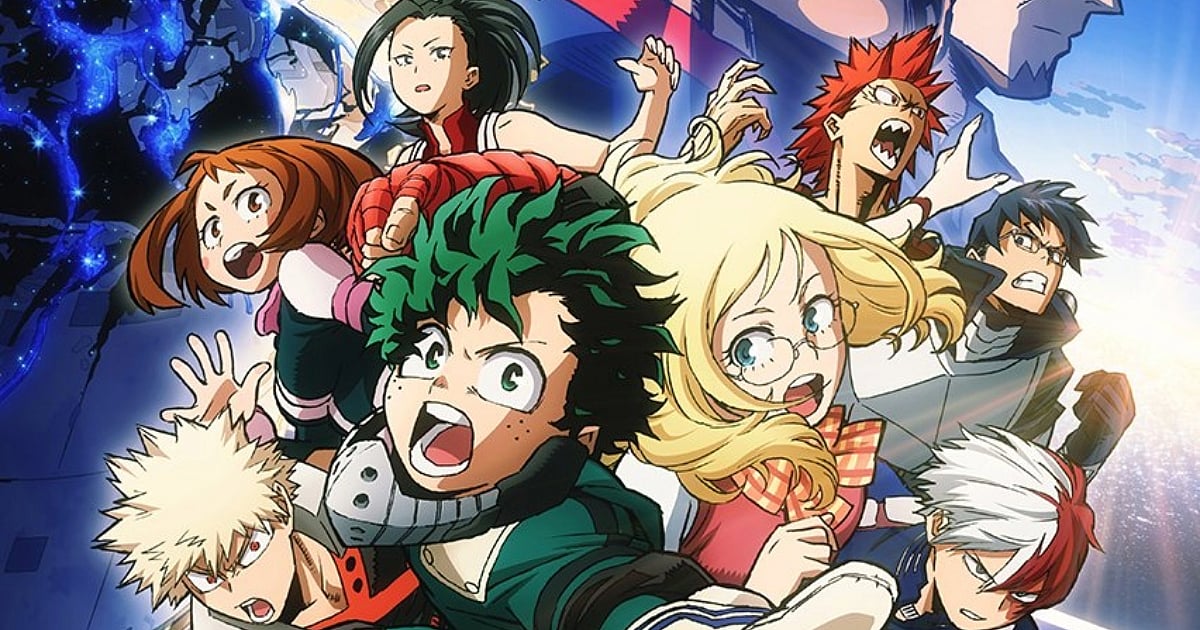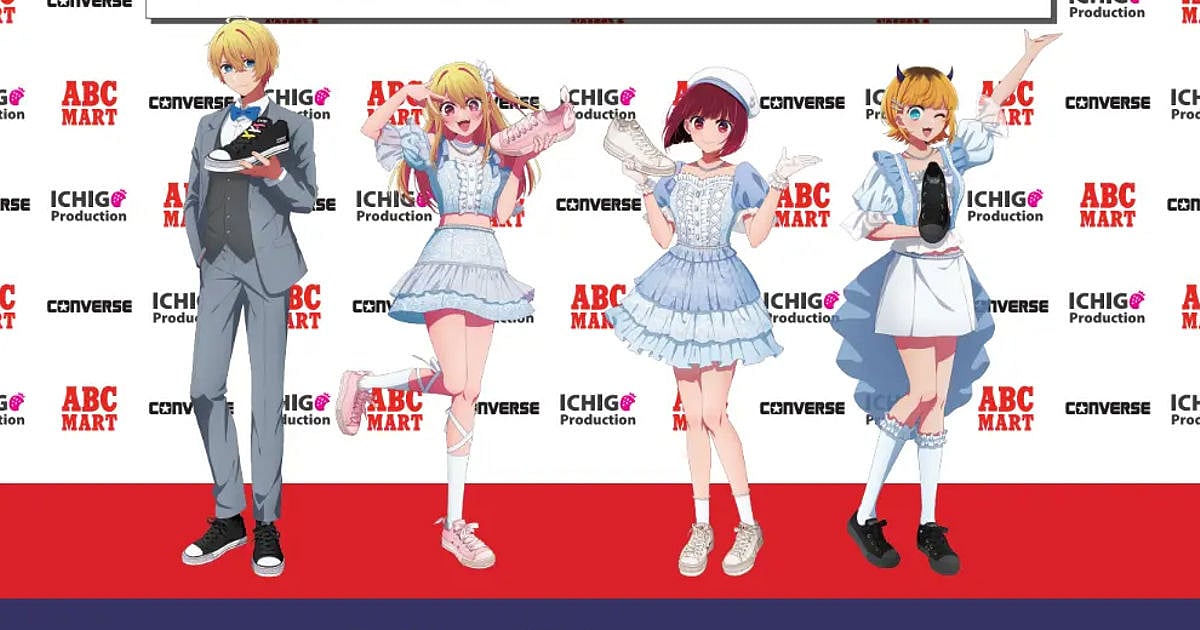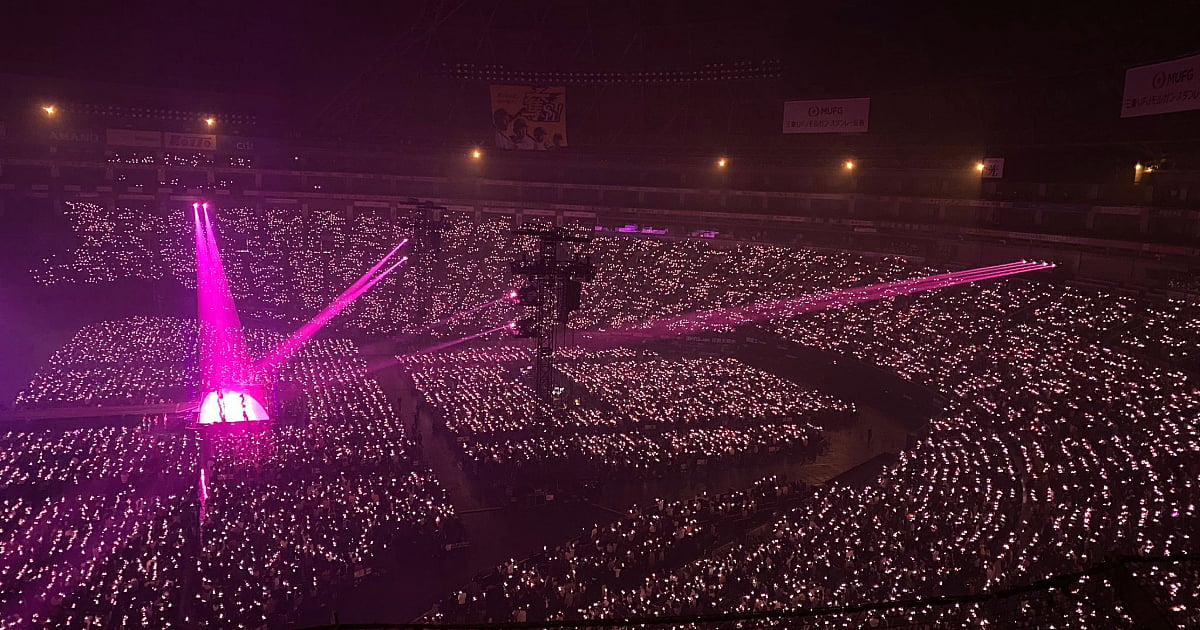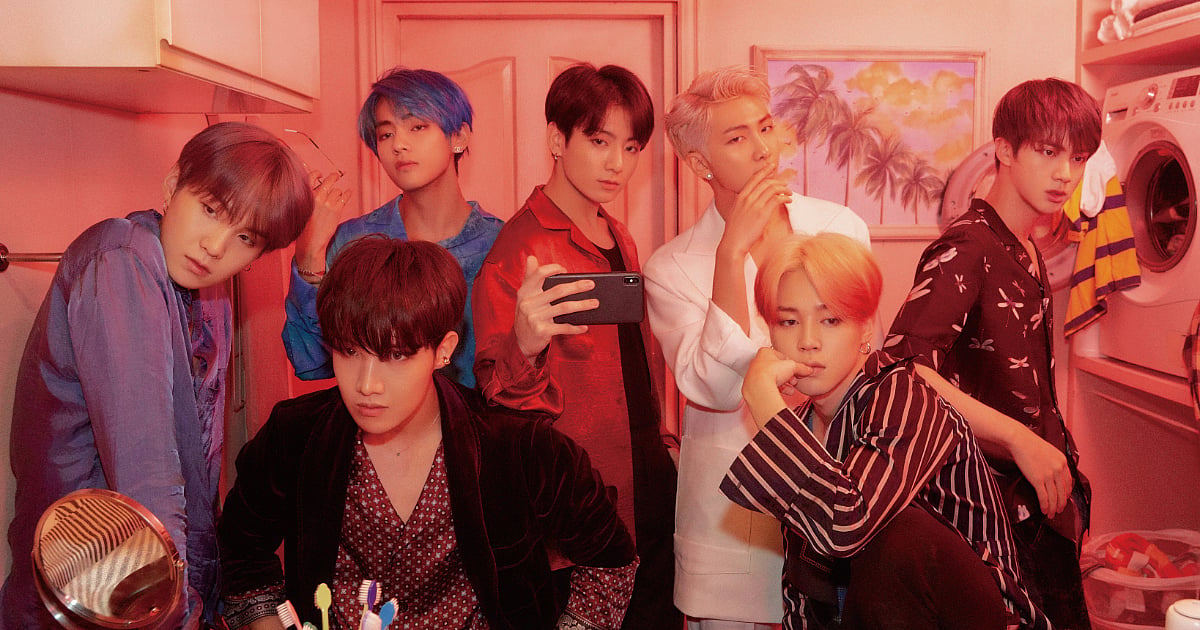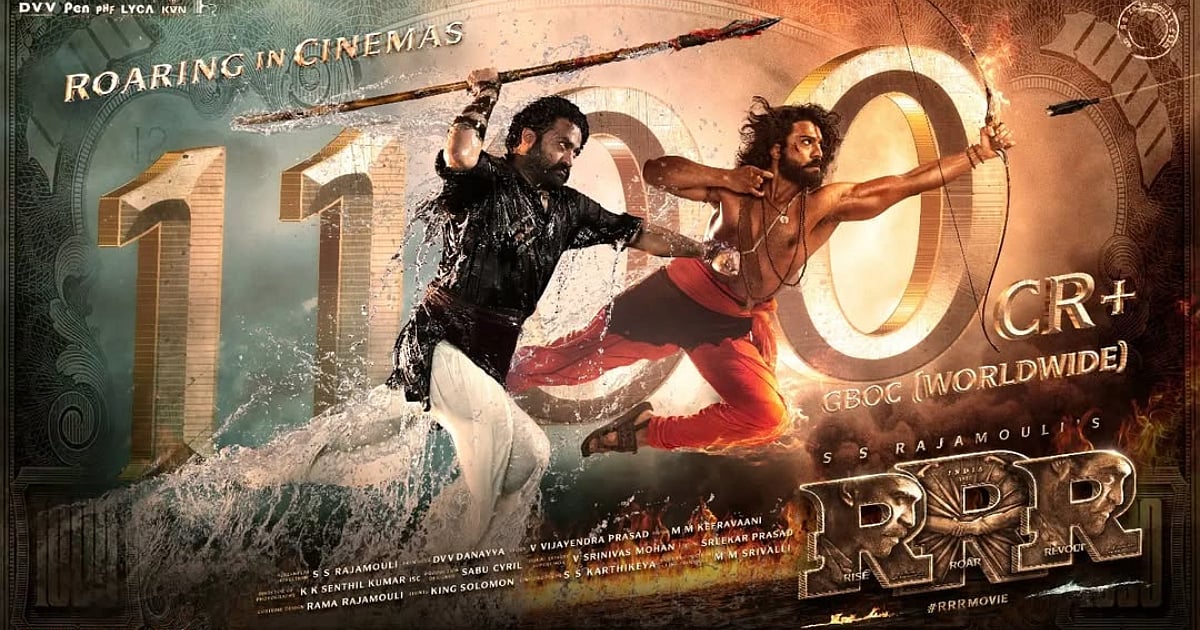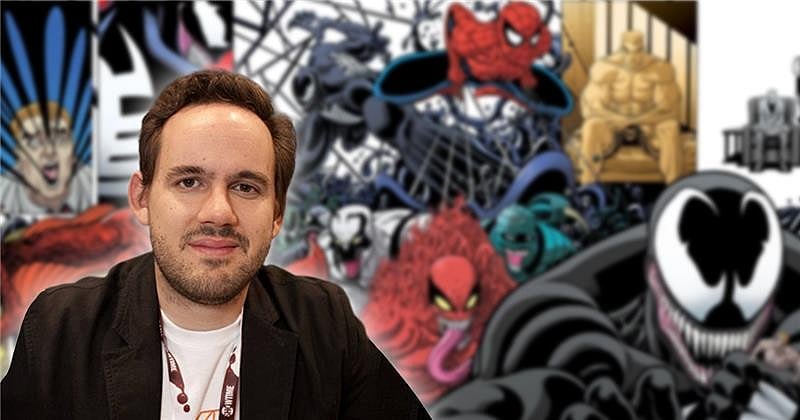
Mike Costa
Mike Costa: Bridging Comics and Television in Modern Storytelling
Screenwriter Mike Costa shared his thoughts on blending comics and TV, the power of visual storytelling, the state of the industry and more.
Highlights
- Mike Costa’s visual thinking and character intimacy seamlessly connect comics and television storytelling.
- Comics offer creative freedom; television demands collaborative writers’ rooms and budget constraints.
- Costa critiques IP overextension, predicts a renaissance of bold, idea-driven stories.
Mike Costa has carved a unique path at the intersection of comics and television, two mediums that demand visual storytelling but diverge in execution. As a screenwriter and executive producer on Netflix's Lucifer across all six seasons, he shaped episodes like "Pops," "Homewrecker," and "Daniel Espinoza: Naked and Afraid," blending humor, heart, and supernatural elements. In comics, his runs on Marvel's Venom and Web Warriors, IDW's Transformers and G.I. Joe: Cobra, and DC's Blackhawks highlight his skill in reimagining iconic properties with fresh energy.
Visual Thinking and Character Intimacy as Common Ground
As someone who has worked on both comics and television formats, Costa shared his perspectives on how the two platforms differ. He said one of the biggest creative challenges he faces as a writer is thinking visually. He said, “You have to think visually when it comes to writing. Television episodes are defined, and you have to work with constraints because you’re working with so many different people. Comic books can run for several issues which gives you a lot more freedom.”
He went on to describe the creative process. The core strength that translates seamlessly between comics and television lies in visual thinking. In comics, writers describe every panel to the artist, dictating what unfolds on the page. Television follows a similar starting point. The writer envisions scenes that directors, actors, and crews bring to life. Fresh ideas stem from the same passion for the material. Costa explains, “I have been a writer on the Amazing Spider-Man team. I know what Spider-Man would do in any kind of situation. I know the character so well. I have never written for Batman, but I know what Batman would do.”
Collaboration Styles: Solitude Versus the Writers' Room
When asked what the biggest differences in the writing process are between comics and television, Costa said, “You are given general directives but generally they don’t. As a writer, you get to pitch your ideas in comics and are writing alone. Often you have the opportunity to reach out to the artist and you let them know you will be working with them together.”
Collaboration marks the sharpest divide. Comics offer solitude. Writers pitch ideas, script alone, and may choose to involve the artist. Costa values this optional partnership. "I like the artists to feel involved and reach out," he says, though he respects those who prefer distance. Scripts are handed off without further obligation.
Television, on the other han,demands collective effort according to Costa. Writers brainstorm in a room, refining the story as a group. Writers may observe but hold no power over how a director and the actors proceed with the scrips. Costa finds comics more liberating due to fewer constraints. "You can do anything in comics," he notes, contrasting it with television's limits on budget, genre, and process.
The Interconnected Future and a Call for Pushback
Today's entertainment thrives on convergence, with comics feeding into film, television, and games through shared IPs (intellectual properties). Many ancillary projects multiply around a single brand, which leads to stakeholders putting profit ahead of creativity. Costa critiques this corporate focus but remains optimistic.
He said, “Things are more interconnected and are influencing each other. There are ancillary properties connecting to a single IP. I personally do not like that. The thing that the studio or the corporation owns is like a superhero universe or literally like a branded character or a board game, and building as many things as possible is a money-first concept. Instead, the industry should focus on the best movie idea or the best comic idea. I am optimistic that there will be a pushback.”
He brought up the Marvel Cinematic Universe as an example, “The Marvel Cinematic Universe cannot go on forever, and it has had its share of failures. I really would like to watch a good Avengers movie. I really like those movies.” This happened in the late 50s and 60s when the American film industry collapsed as it could not compete with TV audiences. The system was then revitalized, it was movies that shared personal stories.”
Excitement for Hyderabad Comic Con and Indian Pop Culture
Appearing at Hyderabad Comic Con, Costa anticipates connecting with fans above all. India's cinematic output and pop culture intrigues him, rivaling Western markets alongside Hong Kong and Japan. He said, “I am most looking forward to meeting fans. I don’t know much about it. I am a movie lover and India has always been a huge producer of films. India, Hong Kong, and Japan create films in a volume that matches the Western market. RRR was a huge sensation in America. It really is an exciting time to be a fan of Indian cinema. For comics, I still don’t know much about the Indian comic scene. I’ll be looking for any recommendations.”
When asked about one piece of advice that he would like to offer. Costa internalized one enduring insight early, which is genuine kindness. He said, “Be nice to everyone. Be nice to everyone on social media. Don’t post about stuff you don’t like, post about stuff you like. It’s not something I learnt later, it is something I started with. You actually have to be nice. You can’t fake being nice. You have to focus on things you legitimately like. That makes you a happier person, too.”

Author
Abhimannu Das is a web journalist at Outlook India with a focus on Indian pop culture, gaming, and esports. He has over 10 years of journalistic experience and over 3,500 articles that include industry deep dives, interviews, and SEO content. He has worked on a myriad of games and their ecosystems, including Valorant, Overwatch, and Apex Legends.
Abhimannu Das is a web journalist at Outlook India with a focus on Indian pop culture, gaming, and esports. He has over 10 years of journalistic experience and over 3,500 articles that include industry deep dives, interviews, and SEO content. He has worked on a myriad of games and their ecosystems, including Valorant, Overwatch, and Apex Legends.
Related Articles
